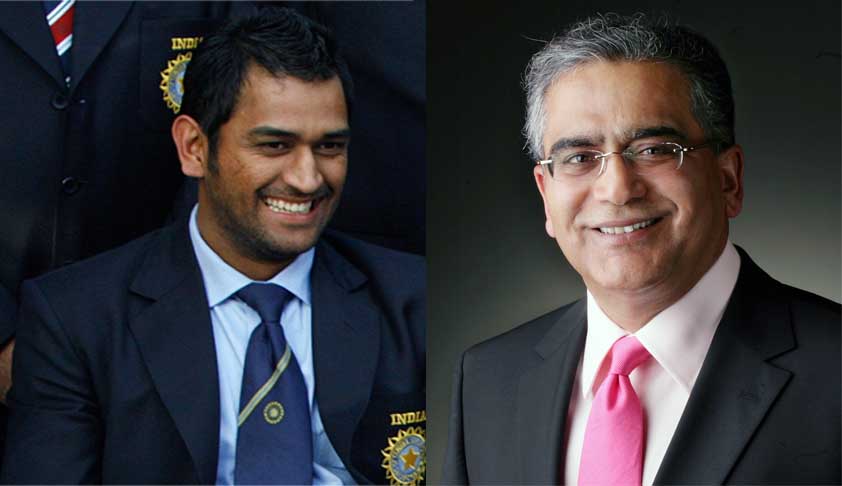Lord Vishnu Cover Row: Why SC Quashed Criminal Case Against MS Dhoni, Aroon Purie?
LIVELAW NEWS NETWORK
9 Sept 2016 9:54 PM IST

Next Story
9 Sept 2016 9:54 PM IST
The Supreme Court has recently quashed criminal proceedings against India's limited overs cricket captain cricketer MS Dhoni and India Today Group head Aroon Purie, pending before the Additional Chief Metropolitan Magistrate in Bengaluru. The criminal proceedings were initiated against them for allegedly hurting religious sentiments by publishing a cover photo in ‘Business Today’ magazine...
